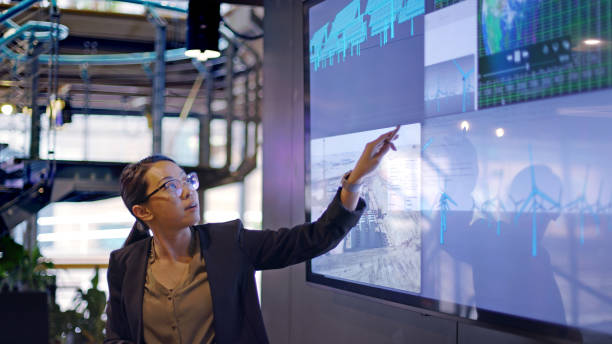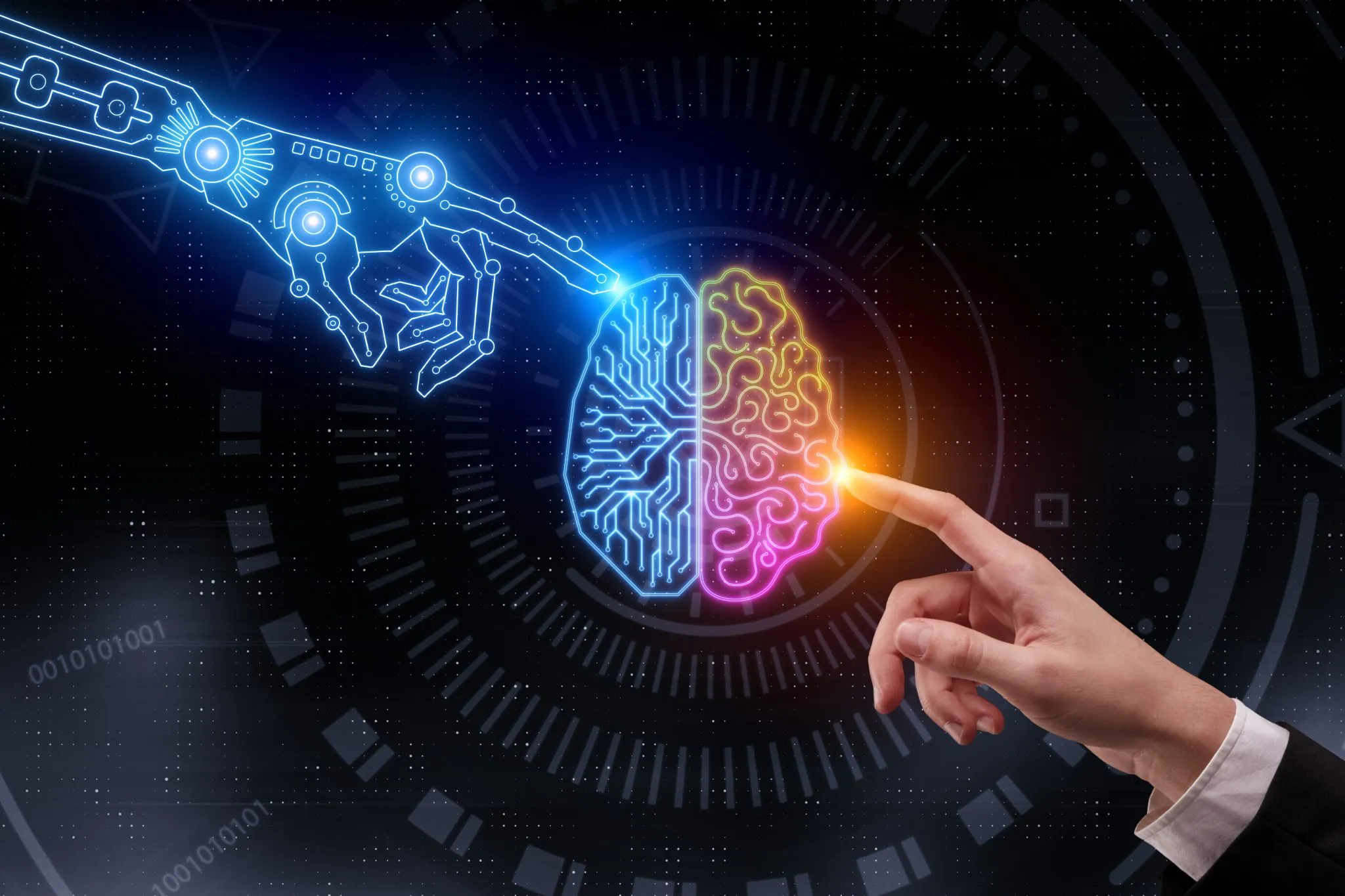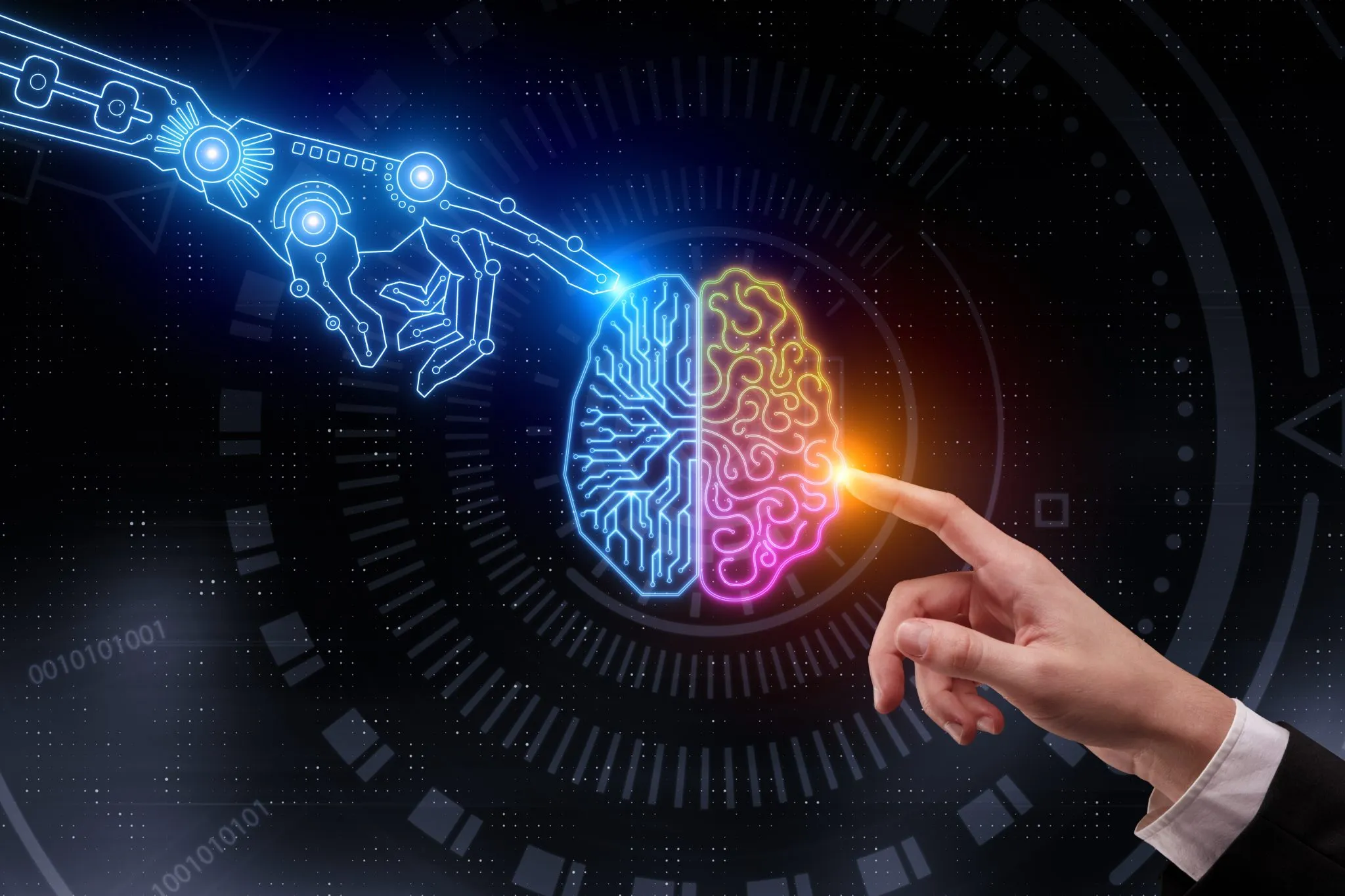It is interesting to ask what are the latest technology trends, as these are shaping the way we live, work, and interact with the world around us. As we move further into 2024, several key developments are emerging that promise to transform industries and daily life. Here are some of the most notable technology trends.
What are the latest technology trends
What are the latest technology trends ? AI and ML continue to evolve and expand into almost every field, from healthcare and finance to entertainment and marketing. AI-powered tools are enhancing automation, improving decision-making, and creating more personalized experiences for users.
Chatbots, AI-driven content creation, and machine learning-based predictive analytics are among the many applications leading this trend. Beyond just automation, generative AI tools are gaining momentum. These AI systems can create new content, from writing articles to generating art, music, and even code.
In this aspect of what are the latest technology trends, popular platforms like OpenAI’s GPT models and DALL-E for image generation are examples of how generative AI is unlocking new creative possibilities. Also, the rollout of 5G technology is unlocking faster internet speeds, lower latency, and the ability to support more connected devices.
This will fuel innovations in areas such as smart cities, autonomous vehicles, and the Internet of Things (IoT), where seamless connectivity is essential. Though still in its early stages, quantum computing is expected to revolutionize fields like cryptography, medicine development, and material science.
In this other aspect of what are the latest technology trends, quantum computers can solve complex problems that are beyond the capabilities of traditional computers, and researchers are working hard to make this technology more practical and accessible. Blockchain technology, the backbone of cryptocurrencies, continues to find use cases beyond digital currencies.
Decentralized finance (DeFi) is revolutionizing traditional banking systems by offering peer-to-peer financial services without intermediaries. Additionally, blockchain is making waves in supply chain management, secure voting systems, and digital identity verification. Extended reality, which encompasses virtual reality (VR), augmented reality (AR), and mixed reality (MR), is growing in popularity.
As we are asking what are the latest technology trends, these technologies are enhancing gaming, training simulations, and even retail experiences. As devices like AR glasses and VR headsets become more affordable and accessible, we can expect these immersive experiences to become a part of everyday life. As the demand for real-time data processing increases, edge computing is gaining traction.
By processing data closer to the source, whether it be IoT devices or autonomous vehicles, edge computing reduces latency, improves speed, and decreases the burden on central cloud servers. With climate change being a pressing global issue, there is a growing focus on sustainable technology.
Asking what are the latest technology trends should not skip the development of renewable energy solutions, such as solar and wind power, as well as electric vehicles (EVs) and green building technologies. Innovations in carbon capture and waste management are also contributing to the reduction of our environmental impact. As technology continues to advance, so do the threats of cybercriminals.
Cybersecurity is becoming more critical than ever, with companies investing in advanced tools such as AI-driven threat detection and biometric authentication systems to protect sensitive data and maintain privacy. Also, self-driving cars and drones are no longer just science fiction watched on a screen. Major automakers and tech companies are investing heavily in autonomous vehicle technology.
As we are reflecting on what are the latest technology trends, this promises to change the transportation industry, improve road safety, and reduce traffic congestion. Another exciting trend is the rise of human augmentation technologies, including wearable devices that enhance physical and cognitive abilities.
Smartwatches, fitness trackers, and health-monitoring devices are already widely used, but the next generation of wearables promises to offer more advanced features such as real-time health diagnostics, brain-machine interfaces, and exoskeletons for interesting mobility assistance technology.
These innovations could significantly improve the quality of life for individuals with disabilities while also helping others optimize their physical and mental performance. The integration of AI with wearable technologies is further enhancing their potential, making them even more personalized and adaptable to users’ needs.
These technology trends are not only advancing rapidly but are also converging, creating new possibilities and challenges. The future holds immense potential for innovation as these technologies continue to develop, influencing industries and really transforming the way we live and work.





